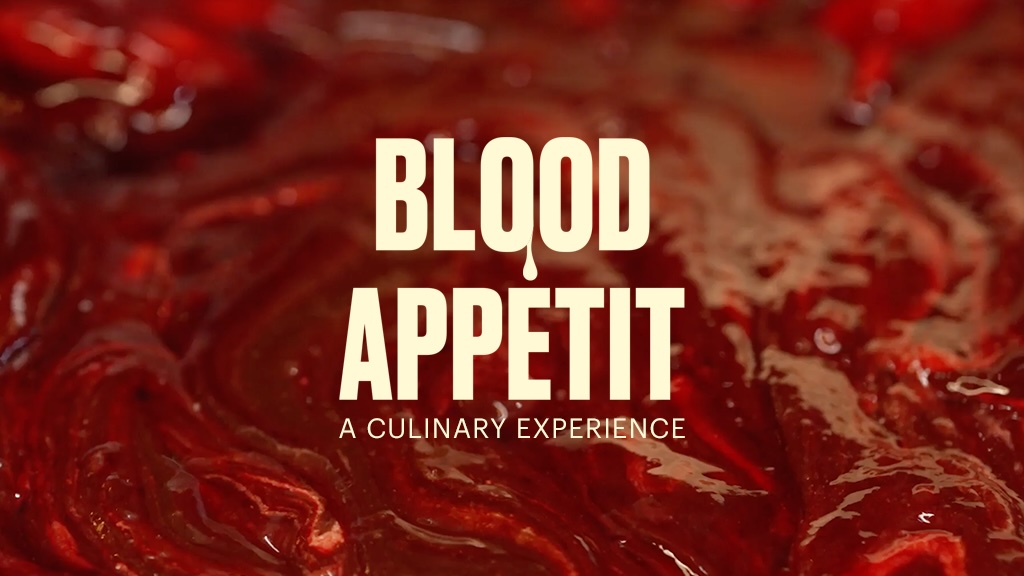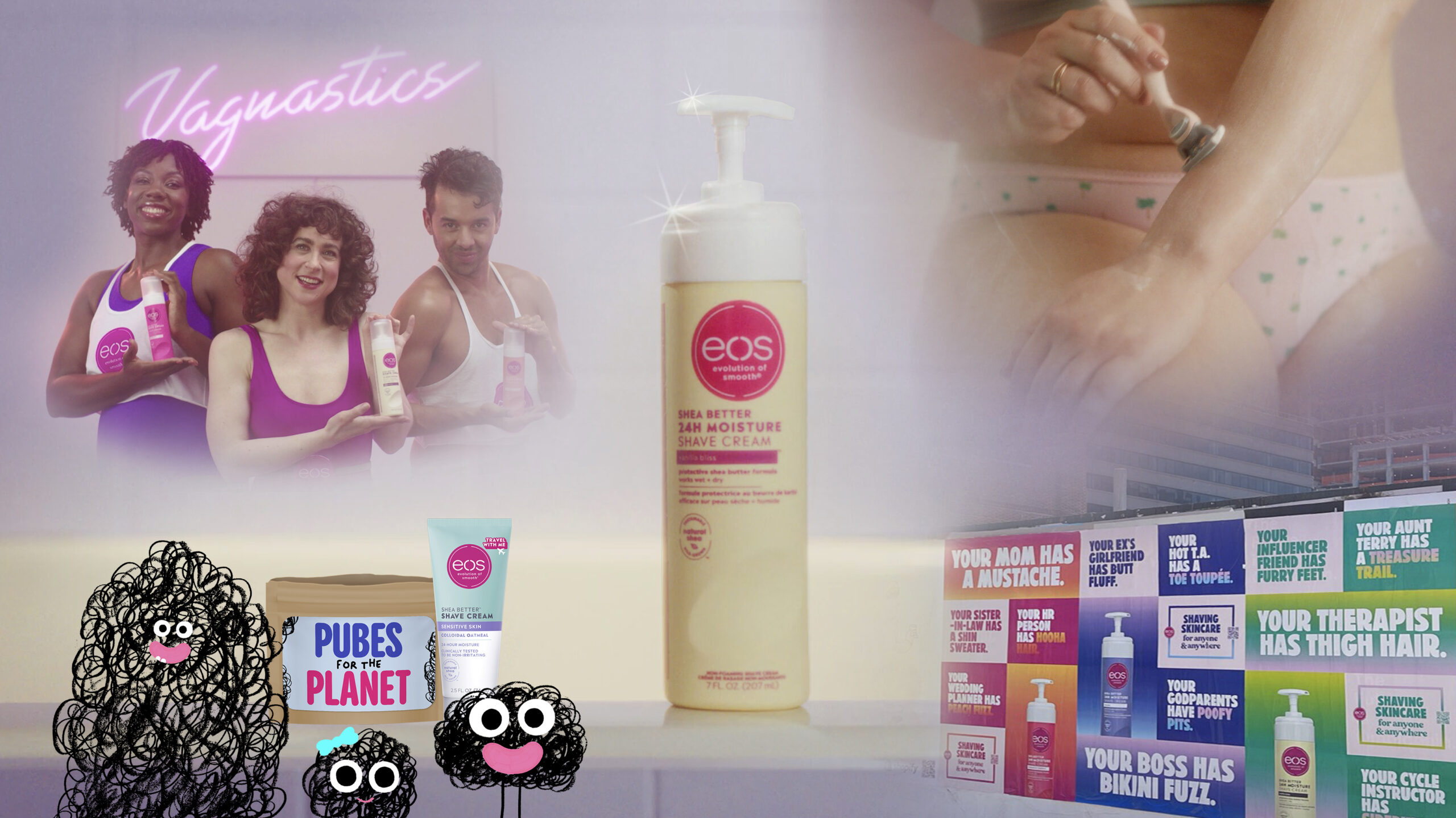
All images and videos courtesy of Vodafone & Ogilvy India.All images and videos courtesy of Vodafone & Ogilvy India.
In 2017, a sinister new form of sexual harassment emerged in parts of India: local mobile phone retailers were caught selling their female customers’ phone numbers to predatory men – often for less than a dollar – subjecting victims to lewd messages at all hours within their own homes.
In response, Vodafone (India’s second-largest telecom provider) and agency partner Ogilvy India developed a free service, “Vodafone Sakhi,” which generated decoy phone numbers to safeguard women from predators. In addition to keeping women safe, Vodafone earned customers’ trust and loyalty in a challenging category.
“Vodafone Sakhi” earned the Grand Effie at the 2019 APAC Effie Awards competition, plus seven Effies across the 2019 Effie Awards India and APAC competitions (see below for the full list). Vodafone has also been ranked among the Effie Index’s Top 5 Most Effective Brands globally since 2013.
“Vodafone Sakhi” earned the Grand Effie at the 2019 APAC Effie Awards competition, plus seven Effies across the 2019 Effie Awards India and APAC competitions (see below for the full list). Vodafone has also been ranked among the Effie Index’s Top 5 Most Effective Brands globally since 2013.
We asked Hirol Gandhi, EVP & Integrated National Head of Team Vodafone, and Kiran Antony, CCO, Ogilvy South & Team Vodafone at Ogilvy India about their effective case below.
Effie: What were your objectives for “Vodafone Sakhi”?
HG & KA: In 2017, mobile phones went from being a tool of empowerment to a channel of harassment. According to the National Crime Records Bureau (NCRB), India records a crime against woman every 1.7 minutes. In Uttar Pradesh (UP), women’s privacy and safety was under threat from a new front – a government helpline for women in UP received over 500,000 complaints from women about being harassed by unknown men via their mobile phone.
This was being facilitated by a bizarre new scheme: Prepaid phone subscribers had to share their phone numbers with neighborhood retailers to top-up their calling cards, and journalists uncovered several unscrupulous retailers in Uttar Pradesh selling the mobile numbers of their women customers. Numbers were valued based on their appearance; an ‘attractive’ woman’s number could fetch close to Rs. 500, while an ‘ordinary’ looking woman’s number would fetch Rs. 50. These victims were subjected to lewd messages and calls at unearthly hours.
Women in UP now had to be wary of unwanted attention in the privacy of their own homes, leading to declining usage of mobile phones.
Our objective was to grow share and usage in an underpenetrated segment – women subscribers in one state of India, Uttar Pradesh (UP).
Project Grow for Good: Vodafone needed to make more women in UP feel confident about using their mobile phones more frequently, leading to a higher ARPU (average revenue per user). To accomplish this, we set ourselves the following objectives:
- Increase Vodafone’s acquisition of new women subscribers in UP.
- Increase usage amongst women subscribers of Vodafone in UP.
- Increase average revenue per user amongst women subscribers of Vodafone in UP.
- Increase retention of women subscribers of Vodafone in UP.
Effie: What was the strategic insight that led to your big idea?
HG & KA: The fundamental problem: In order to continue using their phones, women had to share their numbers with men they couldn’t entirely trust – for Prepaid calling card recharges, they had to share their phone number with retailers.
An advertising campaign was not going to help solve the problem.
To overcome this problem, we drew inspiration from a tried and tested tactic that women used to avoid sharing their number with undesirable men.
Women in urban India give out fake numbers to avoid sharing their real numbers with people they don’t trust. They sometimes switch the last two digits around or provide entirely fake numbers. This provided us with an elegant and workable solution.
Strategic Approach: Enable Vodafone women subscribers to give retailers they didn’t trust a fake number, to recharge their real number.
Effie: How did you bring the campaign to life?
HG & KA: A woman’s best friend in a man’s world
The emphasis of our new service was on making women self-reliant. We wanted our offering to evoke a feeling of familiarity and trust amongst women. We named the service “Sakhi” which literally translates to “close female friend” in Hindi.
Vodafone Sakhi – A friend that helped safeguard women’s privacy
While we had developed a solution, communicating it was another problem entirely. Traditional mass media such as radio and television would result in massive spillover, as it would also reach men. Vodafone also ran the risk of painting honest retailers with the same brush as unscrupulous retailers who were trafficking women’s numbers.
A service for women, propagated by women, at women-only touchpoints
We created a communications ecosystem comprised of only women to promote Vodafone Sakhi. From explaining the service, to enrolling women, to verifying subscribers – every step was carried out by women. To ensure zero spillover, we used three women-only touchpoints:
- Primary Health Camps: We enlisted women health workers at primary health camps, which women usually attended only with their friends or their female family members.
- Women’s colleges: Safety sessions were conducted for students after classes, where students were taught how to activate the service.
- Activation instructions in wrapping paper: We provided jewelry stores and women’s clothing stores with branded wrapping paper which contained instructions on how to activate the service.
To enroll non-Vodafone customers onto the service, we created a special Vodafone Sakhi information pack. Teams of female promoters were used to promote this pack at the touchpoints.
Effie: What was the greatest challenge you faced when creating “Vodafone Sakhi,” and how did you navigate it?
HG & KA: Developing a solution that would work for smartphone and featurephone customers alike, given the limited penetration of smartphones amongst women subscribers.
We put forth the question – Would it be possible to credit prepaid calling card recharges using an alternative 10-digit number that was mapped to a woman’s original cell number?
This would allow women to continue with their existing recharge behavior without compromising their privacy. The product team responded with a simple and effective solution.
Product Innovation: An industry first service that combined the convenience of the neighboring retailer while assuring complete privacy via a proxy number
To maintain anonymity, we created a system wherein a machine-generated proxy 10-digit number could be delivered to individual phones. The request for this number could be generated by sending an SMS (Private to 12604), to ensure that feature phone users and smartphone users alike could avail the service. Women could give this number to the retailer and specify the amount they wanted to recharge while protecting their privacy.
This service could be activated via a missed call from any number. Once Vodafone Sakhi was activated, Vodafone call centres sent out a verification call to authenticate that the number was owned by a woman, to prevent misuse.
Effie: How did you know the work worked? What was the most significant result of the campaign?
HG & KA:
- Women on Vodafone Sakhi showed a higher usage on both voice and data.
- There was an increase in APRU amongst Vodafone Sakhi subscribers.
- Churn amongst Vodafone Sakhi subscribers was reduced.
Effie: What were the biggest learnings you took away from this effort?
HG & KA: Creating inclusive innovation
The usage and penetration of mobile internet is limited amongst women subscribers in India. Creating a solution that used SMS, instead of a mobile internet-based solution, helped increase the adoption of the service amongst smartphone and feature phone (mobile phones without internet) users.
Building communication ecosystems composed entirely of women
Women-only communication touchpoints helped create safe spaces where women could talk about the issue at hand with other women who faced a similar problem. Partnering with women influencers and promoters helped Vodafone demonstrate a greater level of empathy for the problem and added to the solution being offered.
Building on existing behavior
With Vodafone Sakhi, women didn’t have to change their existing behaviour. Because they could recharge at the same retailer without revealing their number, there was little hesitation around adopting the service.
***
Hirol Gandhi is Executive Vice President and Integrated National Head of Team Vodafone, Ogilvy India
Avid biker, cricket player & enthusiast, and die-hard F1 fan.
Hirol Gandhi happens to share his last name with the great Mahatma. And that adds a lot of weight on his shoulders. He started with Trikaya Grey in 1998. As a part of his first assignment, he made colour televisions accessible to millions of households in India with Akai. After a brief stint at Contract, Hirol joined Ogilvy at the start of the new millennium. He spent his first 6 years urging Indians to dip only Parle Biscuits in their tea. The next 3 years were devoted to showing India how to celebrate joyous occasions with Cadbury’s Dairy Milk, instead of Mithai (Ironic, given his fondness for Indian sweets). Eager for new challenges, he spent the next 6 years consolidating the market leader position for Unilever tea portfolio, Bajaj Motorcycles and SBI Life insurance. In the last five years, he has dedicated himself to making Vodafone, the most loved telecom brand in India.
Hirol is a hardcore cricket fan and is hoping that India will win the next T20 cricket world cup. This to him would be a fitting farewell for India’s best ever captain – ‘Mahendra Singh Dhoni’. Even though cricket is his first love, most of his weekends are spent watching F1 races, when there is no crisis that needs to be averted.
Kiran Antony, CCO, Ogilvy South and Team Vodafone, Ogilvy India
Kiran Antony joined Ogilvy as an intern way back in 2001 and shortly after that began working on Orange/Hutch. He has been an integral part of all major campaigns on Hutch/Vodafone over the years. In 2004, he moved to Ogilvy Bangalore to work under V Mahesh (late) and Rajiv Rao who were the creative heads leading Ogilvy South at the time. Other than Vodafone, he has also worked on brands like Ceat, Bru, Federal Bank, Mid-Day, Star Sports.com, Akanksha Foundation, Poker Stars, Lenovo, Future Group, Vedanta, Al Jazeera, L&T to name a few.
Kiran is also the recipient of several national/international awards at Cannes, CLIO, London International Awards, Kyoorius and the Creative ABBY Awards.
Awards earned by “Vodafone Sakhi”:
2019 APAC Effie Awards:
GRAND EFFIE
GOLD – IT/Telco
SILVER – Positive Change: Social Good – Brands
BRONZE – Branded Utility
2019 Effie Awards India:
GOLD – Small Town & Rural Marketing
GOLD – Direct Marketing
SILVER – Positive Change: Social Good – Brands
BRONZE – Services – Telecom






































































